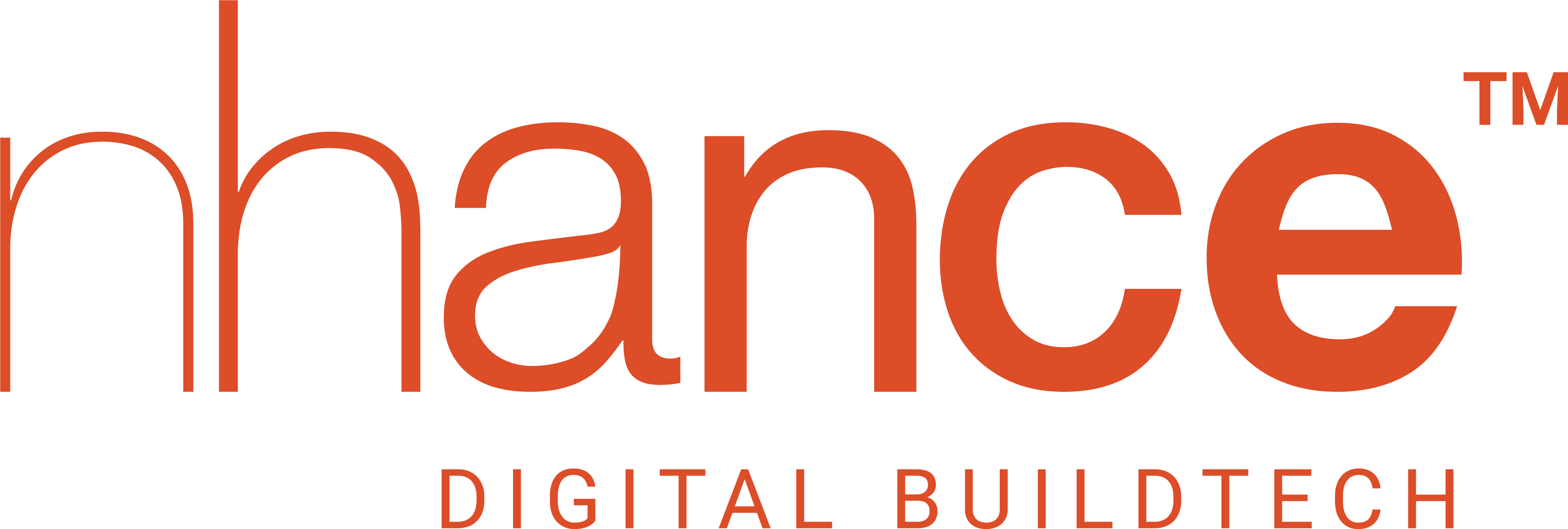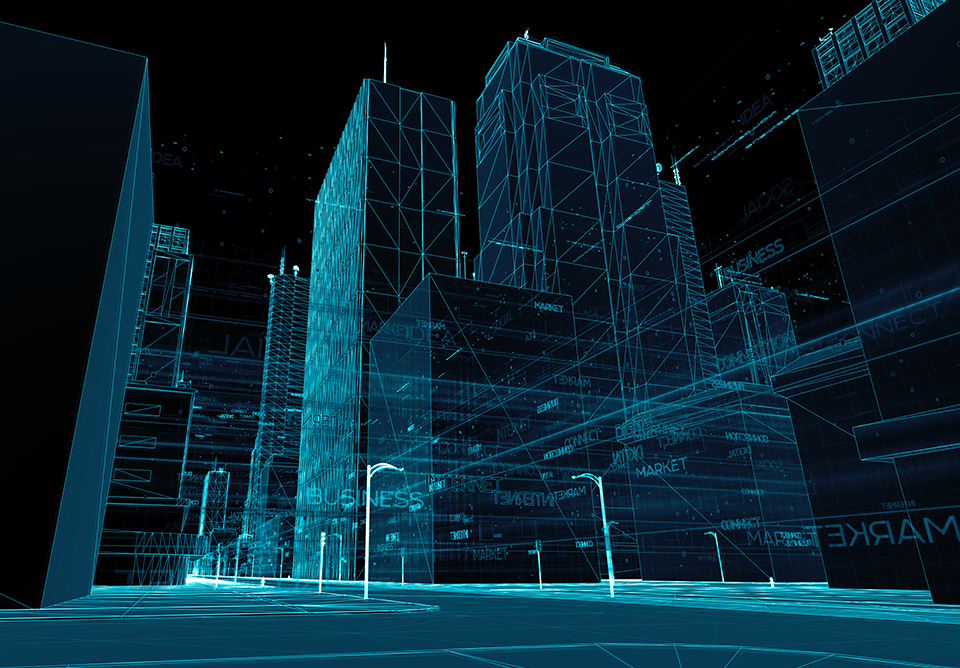While Industry 4.0 was making organizations adopt technology at their own pace, the COVID-19 pandemic accelerated the pace of digitization across industries. Discarding the traditional model of single-location work, the pandemic brought about the new work model that pivoted around technology. The number of people working from home increased by 140% since 2005 according to a study by Global Workplace Analytics.
As the distributed team model is set to become mainstream, the workspaces of yesterday are also undergoing a radical change to accommodate the next normal. The future of work in the current hybrid environment relies on workplaces that are smart as well as connected. Here are a few aspects of next-generation workspaces that will enable the future of work;
Smart Building Management
With the changing paradigm of work and workplace, smart building management is another aspect that becomes critical in the new normal. A comprehensive building management tool, automated monitoring, maintenance, security, lighting and access control are important to have control and flexibility besides ensuring efficient space management. Provision for real-time occupancy and utilisation display is imperative to enable hassle-free workstation bookings for organizations that are not planning to work in full capacity from offices.
Reimaged Physical Spaces
To make way for a collaborative workplace and smooth back to office transition, connectivity becomes the key factor. To ensure a balance between employees’ wellbeing and productivity, providing them with a connected, flexible, and hybrid work environment is desirable. To do this, organisations need to reimagine physical workspace to make way for an agile and conducive environment, to offer employees a prudent choice. The offices need robust systems and platforms to have better collaboration and support business continuity in the long run.
Safe Return To Offices
To ensure the safety of employees returning to physical offices, managing shifts, and handling uncertain capacity in the hybrid model, organizations will have to rely on digital solutions and technologies. These innovative technologies will help companies create a smart and connected workplace for tomorrow based on data-driven insights and solutions. Offering an integrated view of the office space will help in allocating the right space at the right time apart from ensuring safety and security to mitigate any potential threat.
Tech-Reliance
The reimagined work-model impacts the three major dimensions of work: the work, the worker and the workspace. Talking about rethinking workspaces to accommodate the digital native workforce, emerging technologies such as AI & cloud computing are at the forefront of the transformation. Be it work-from-home or from offices, the need for digital infrastructure and monitoring tools is critical in ensuring a secure environment. AI & cloud-based collaboration tools and workspace management technologies provide the flexibility that lay the foundation of smart offices.
The future of work is neither restricted to smart offices nor does it solely rely on a connected workplace, it rather spindles around both; a workspace that’s connected as well as intelligent. If you are looking to future proof your workplace and be prepared for the new normal work culture nhance can help you create a workplace that’s seamless and connected to an extent that employees will relish their time at work. To know more, get in touch with us at nhance.ai.








